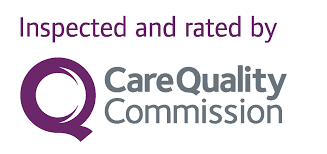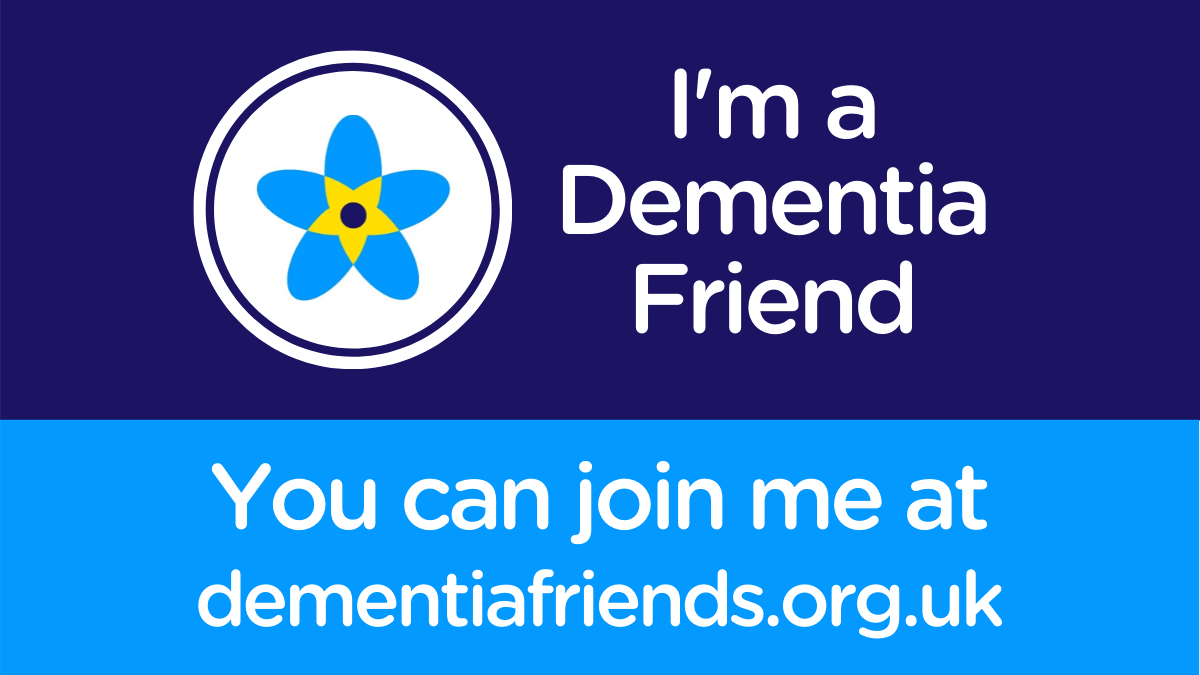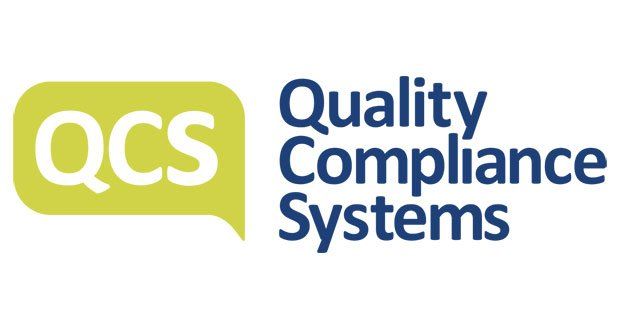Whistleblowing
What is Whistleblowing?
Whistleblowing is the act of reporting unethical, illegal, or harmful activities within an organisation. It allows individuals, such as employees, contractors, suppliers, or anyone with insider knowledge, to raise concerns about misconduct that could harm people, resources, or the broader community. By enabling such reporting, whistleblowing promotes transparency and accountability, helping organisations maintain ethical standards and address issues that might otherwise go unnoticed.
The purpose of whistleblowing is to protect the organisation, its stakeholders, and the public by addressing problems early, encouraging ethical behaviour, and ensuring compliance with legal and regulatory obligations. Common issues reported through whistleblowing include fraud, corruption, health and safety risks, discrimination, harassment, environmental damage, unlawful activities, and attempts to conceal wrongdoing.
Why Whistle-blow?
Whistleblowing is essential for creating a safer environment, preventing financial losses, and upholding an organisation’s reputation. It fosters transparency and ensures that hidden issues are brought to light. Most organisations have a whistleblowing procedure in place, involving clear reporting channels such as online forms or confidential hotlines. These procedures often prioritise confidentiality to protect the whistle-blower and ensure that concerns are investigated and resolved effectively.
Protecting whistle-blowers from retaliation is a critical aspect of fostering trust in the process. Laws and organisational policies typically safeguard whistle-blowers by maintaining their confidentiality, ensuring they are not penalised for reporting genuine concerns, and offering support when needed.
Building a culture of openness and trust is vital for encouraging whistleblowing. Organisations can achieve this by clearly communicating policies, reassuring individuals that their concerns will be taken seriously, and guaranteeing that whistle-blowers will not face negative consequences. Whistleblowing is not just about identifying problems, it is a powerful tool for creating a healthier, safer, and more ethical workplace. Empowering individuals to speak up demonstrates a commitment to integrity and accountability, building trust among employees, customers, and the community.
How to Whistle blow
At Cadona Care, whistleblowing is a vital process for ensuring the safety, integrity, and ethical standards of our care services. If you witness or suspect any misconduct, such as abuse, discrimination, fraud, or health and safety risks, we strongly encourage you to report your concerns. You can whistle blow by filling the online form below.
Whistleblowing is critical to safeguarding our clients, staff, and the wider community, as it helps us address issues promptly and maintain a safe and respectful environment. At Cadona Care, we are deeply committed to protecting whistle-blower's from retaliation or victimisation. Every report made in good faith will be treated with the utmost seriousness, confidentiality, and care, ensuring that you can come forward without fear. Your voice plays a crucial role in upholding the values and trust that define Cadona Care.





